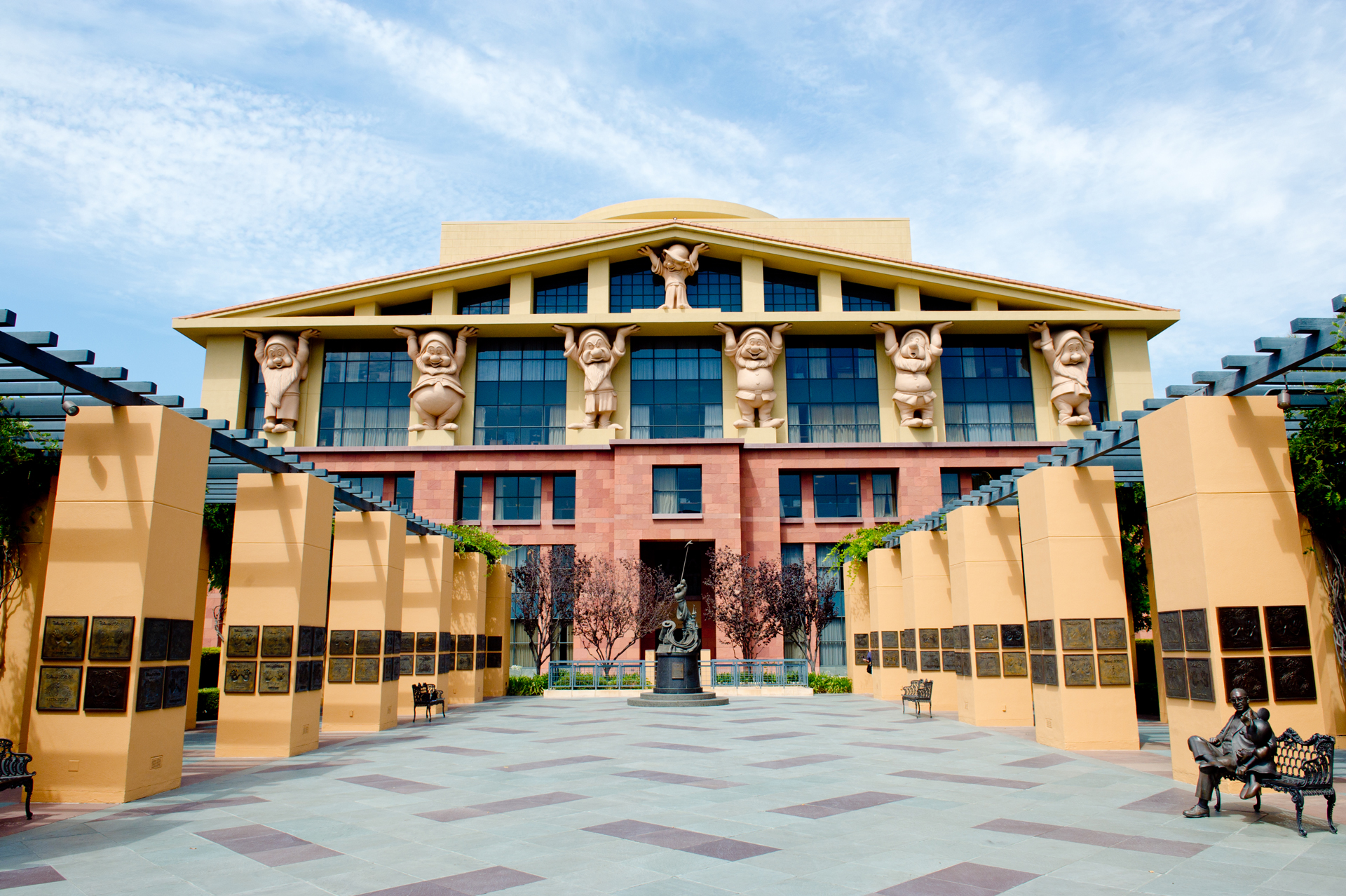7K layoffs of a team of 200K cast members makes bigger news than Yahoo recently announced layoffs of 20% of company.
Okay, so on the issue of how big losing 7,000 salaried folks is for Disney in comparison to the tens and tens of thousands of CM's they have that are hourly in the Parks division, what if we did this to get a better answer to the good question
"How many is 7000 really?"...
After doing a bit of Google, it's nearly impossible to pull the hourly CM totals out from the total CM totals at each Disney Parks property. But, the media does an excellent job of reporting on the current totals of CM's working in the American parks, and the foreign parks seem to have decent data available too.
So what if we assumed that 20% of the CM's working at Parks properties were salaried, and thus potentially a lay off candidate? I actually think it's probably closer to 10% or 15% of the total being salaried at the Parks properties, but lets be bold and say it's 20%. That would include the Dockers-clad managers in the parks, the senior managers, the PR folks, the Vice President of Guest Arrival Experience in Anaheim (
actually a real title!), plus the various technical CM's that work in engineering, IT, HR, etc.
20% of the CM's working at each Disney Parks property/division around the world gets you these numbers as of early '23:
Disneyland Resort = 34,000 CM's. 6,800 Salaried, 27,200 Hourly.
Walt Disney World = 77,000 CM's. 15,400 Salaried. 61,600 Hourly.
Disneyland Paris = 17,000 CM's. 3,400 Salaried. 13,600 Hourly.
Hong Kong Disneyland = 7,000 CM's. 1,400 Salaried. 5,600 Hourly
Shanghai Disneyland = 10,000 CM's. 2,000 Salaried. 8,000 Hourly
Disney Cruise Line = 15,000 CM's. 2,300 Salaried. 12,700 Hourly
Disney Vacation Club = 10,000 CM's. 2,000 Salaried. 8,000 Hourly
Those seven major employment properties/locations of the Parks Division employ 136,700 hourly CM's. Most of whom are front-line CM's we all know and love as Skippers and Mousekeeping and Waiters and Custodians and such. None of whom are subject to these layoffs. I didn't include Tokyo Disneyland Resort in this total, cause only God and Ron Miller know how the accounting on that licensing agreement works.
So if you back out 136,000 hourly front-line Parks Cast Members out of the total of 220,000 employees who work globally for the Walt Disney Company in '23, that gets you a total of 84,000 people, many of them salaried, who are subject to being a victim of the 7,000 looming layoffs.
7,000 out of 84,000 is
8.3% of the salaried/hourly-technical workforce at Disney that will be cut.
Even if this math is off by 10% or so, I think I just earned myself a Friday evening cocktail in a couple hours! 


